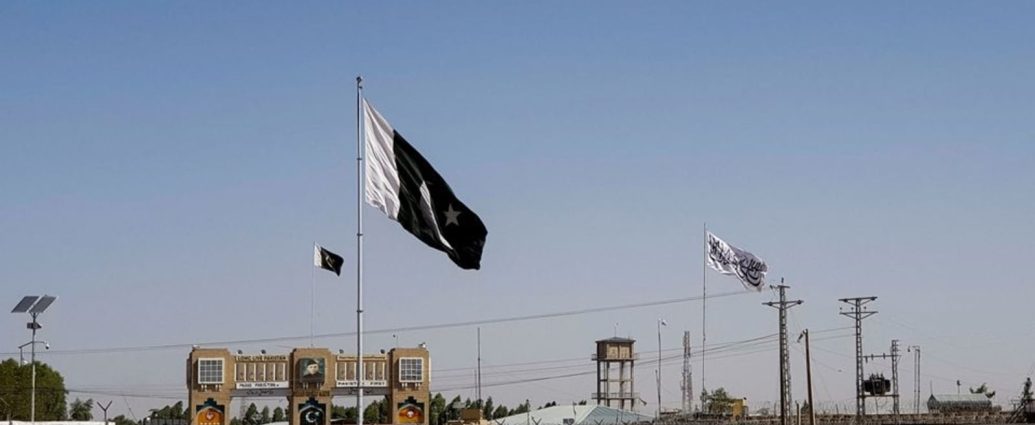In the money-changing businesses of Karachi, the exchange rate for buying dollars is still on display. But attempt to purchase the currency and operators will say they don’t have any left.
Investigate a little more and a different story emerges. There are still ways to get the greenback, several money changers say, but it costs about 10% more than the advertised rate.
A black market for dollars has sprung up in Pakistan after the central bank restricted access to foreign currency to preserve dwindling reserves. The forex shortage and emergence of a parallel market adds to a long list of woes for the South Asian state, which has already been battered by devastating floods, an economic crisis and political turbulence that has at times turned violent.
“A third market has developed now and has become very big,” said Asmat Ullah, chief executive officer of Ravi Exchange Company Pvt., a Lahore-based money-exchange business. The first two are the interbank foreign exchange market and the money-changing firms.
Pakistan’s central bank didn’t immediately respond to a request for comment.
It’s been a rough year for junk-rated Pakistan, with floods killing more than 1,700 people and causing billions of dollars in damages. The government has faced mass protests led by former premier Imran Khan and is struggling to pay debt, with the currency one of the worst performers globally this year.
A fast-depleting forex stockpile has led the central bank to restrict overseas payments and halve the amount of foreign currency that a person can carry overseas to $5,000, a headache for international travellers.
“Whenever you impose restrictive policies, the grey economy picks up,” said Khurram Schehzad, chief executive officer of Karachi-based Alpha Beta Core Solutions Pvt., a financial consultancy.
Alphabet Inc.’s Google stopped payments through its Play Store last month after seeing a delay in payments for in-app purchases. The local units of carmakers Honda Motor Co. and Toyota Motor Corp. had multiple weeks-long shutdowns this year because they’ve been unable to import parts.
The Forex Association of Pakistan acknowledged the shortage, with Malik Bostan, the group’s president, citing two other reasons for it. One is increased spending on overseas trips after the pandemic. The other is demand for currency from neighbouring Afghanistan after the Taliban’s takeover last year.
Money-changing businesses had limited dollars until a few months ago, but have now run out of the US currency, according to the money changers, who asked not to be identified discussing the illegal black market for currency. Purchases in the black market aren’t available widely and there are no official transaction records, they said.
One source of dollars has been from migrant workers who are using the black market because it has a better exchange rate, the money changers said. Official remittances dropped in October to the lowest in eight months. Businesses unable to get transactions cleared by the central bank have also turned to this market, they said.
At least 1,000 containers of food have been held up at ports in Karachi this week as transactions aren’t being cleared by banks because of the foreign currency shortage, according to local industry groups.
Drug manufacturers have also warned about a shortage after not able to import raw materials. In a letter to the finance ministry on December 5, they wrote that the central bank decided in September to approve transactions under $50,000 within two days but the situation hasn’t changed and approvals are taking more than two months.
The phenomenon adds Pakistan to the emerging markets that have seen parallel exchange rates, including Argentina, Lebanon and Nigeria. While a 10% premium isn’t particularly large, the emergence of the market could wrest control of foreign exchange away from the usual authorities and have a negative impact on foreign investment and the business environment.
“The access to dollars is clearly tight, impacting importers and remittances through official channels,” said Hasnain Malik, head of emerging and frontier markets strategy at research firm Tellimer in Dubai.
The dollar premium in the illegal market may also signal more weakness ahead for the country’s rupee, even after the currency lost more than a fifth of its value against the dollar this year.
